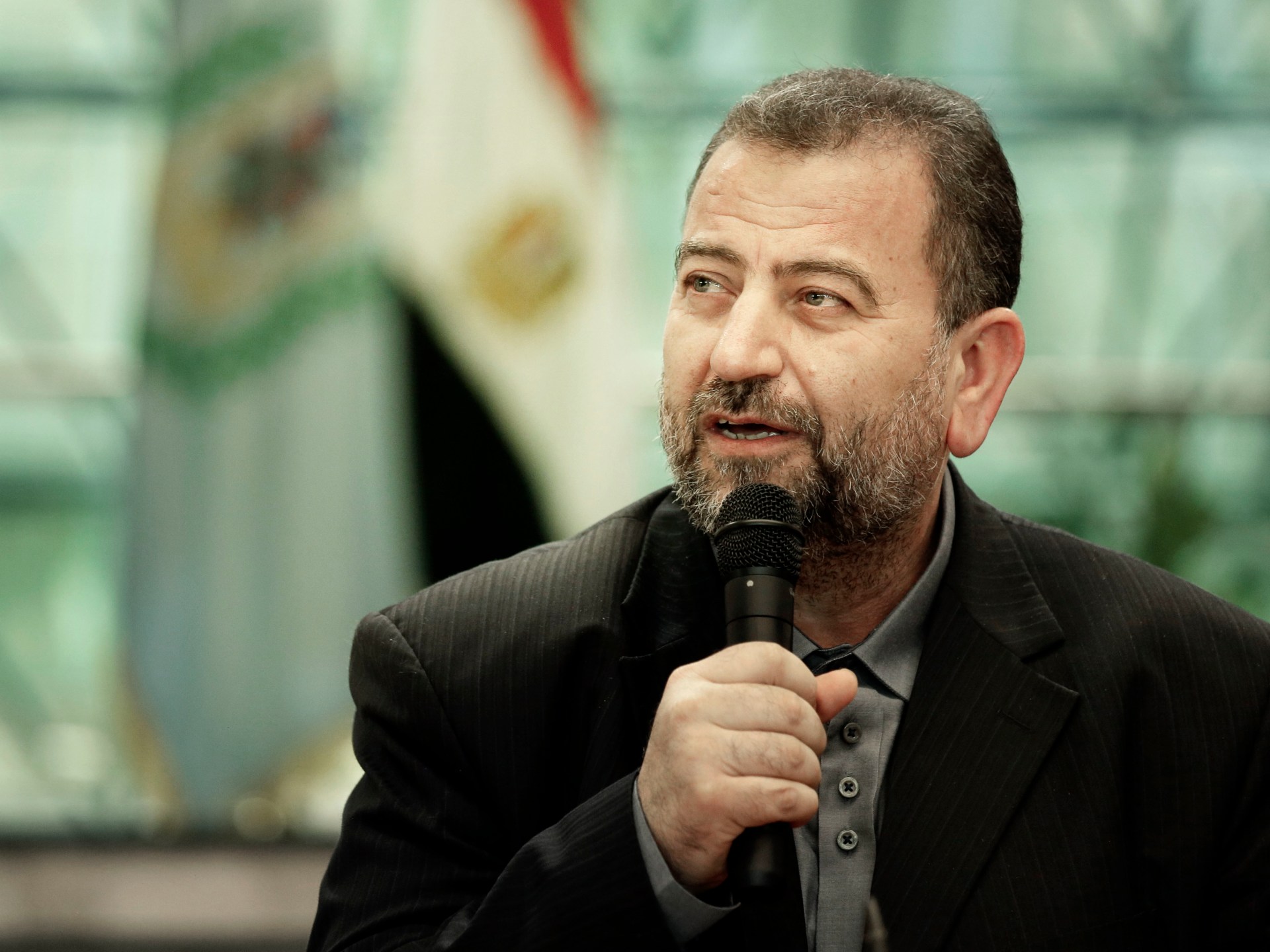AIPAC is growing desperate | Israel-Palestine conflict
As we approach the November elections in the United States, political dynamics related to Israel-Palestine continue to influence key developments in the American political arena. Public opinion is no longer as dominantly favourable towards Israel as it used to be, which worries the Israeli government and its American supporters.
This is most apparent in the actions of the American Israel Public Affairs Committee (AIPAC), the leading pro-Israel lobbying group in the US. Over the past few months, it invested $8.5m in a campaign to defeat progressive Democratic Congresswoman Cori Bush in the Democratic primaries in Missouri. Bush, who championed Palestine justice issues in Congress, lost to St Louis prosecutor Wesley Bell on Tuesday. This followed AIPAC providing the unprecedented single-contest amount of $17m to defeat another Palestine supporter, Congressman Jamal Bowman, in the Democratic primaries in New York.
After Bowman’s loss, AIPAC declared the pro-Israel position in the US as “both good policy and good politics.”
Responding to this claim, leftist activist Medea Benjamin wrote: “On the contrary, it showed that pro-Israel groups can buy elections and it sent a frightening message to all elected officials that if they criticize Israel, even during a genocide, they may well pay with their careers.”
She pointed out that while AIPAC’s funding of Bush’s and Bowman’s defeats demonstrate the pro-Israeli lobby’s power and resources, they also show that it must now provide ever greater sums of cash to keep Congress Israel-friendly and minimise the impact of progressive members.
This reveals how challenging it has become for the Israeli lobby to counter the growing popularity of the Palestinian cause. This makes it look increasingly desperate as it takes measures that are likely to backfire, generating greater resentment among the public and within the political system.
Such aggressive funding campaigns by AIPAC and other pro-Israeli forces may soon be perceived as another dimension of foreign interference in US elections, which has grown as a national concern since 2016. Americans who want their government to be even-handed on Palestine-Israel might see greater Israeli funding or social media campaigns to favour certain candidates as inappropriate foreign meddling in US elections. Israel may soon join Russia, China, Iran and Cuba as countries perceived to be tampering in US elections.
Another desperate pro-Israel measure that could backfire is the push for legislation to criminalise pro-Palestinian advocacy, punish nonprofit organisations that support the Palestinian cause or deprive universities of federal funds for allowing pro-Palestinian protests. Such legislation can infringe on freedom of expression and First Amendment rights and would further stain pro-Israeli lobbying as a regressive, anti-democratic force in the eyes of many Americans.
Such measures are being pursued because the dominance of the Israeli narrative in shaping public opinion in the US is slowly declining. This is because social media, progressive media outlets and more dynamic Palestinian activism allow Americans today to easily see and assess Israeli genocidal actions in Palestine that are enabled by US government support.
This has moved public opinion in a more balanced direction with more Americans sympathising with the Palestinians. According to a March Gallup poll, nationwide this number is 27 percent; among Democrats it is 43 percent and among young people – 45 percent.
Views of the war are even more critical of Israel. A Data for Progress poll released in May revealed 56 percent of Democrats believe Israel is committing genocide. Another of its surveys released in June showed 64 percent of likely voters support a ceasefire and withdrawal of Israeli troops from Gaza; among Democrats, the number was 86 percent. A June poll by the Chicago Council on Global Affairs showed 55 percent of Americans reject sending American troops to defend Israel if it comes under attack by its neighbours.
US politicians cannot perpetually ignore such changing public attitudes – especially among Democrats. And it seems they are taking them into consideration.
Last month when Israeli Prime Minister Benjamin Netanyahu gave his fourth address to the US Congress, nearly half of its Democratic members were absent.
Along with shifting public opinion, other forces are steadily opening cracks in the pro-Israel consensus in US politics. One of them is the National Uncommitted Movement, which during the Democratic primaries asked registered Democrats to vote “uncommitted” to show their rejection of the Biden administration’s policies on Israel’s Gaza genocide.
The campaign gained more than 700,000 votes, many of which came from critical battleground states like Michigan and Wisconsin. If the movement holds together until November and the election is close, their votes could be enough to sink Kamala Harris, President Joe Biden’s successor on the Democratic ticket, who faithfully supported his pro-Israel policy in Gaza.
Harris’s campaign – just like Biden’s before that – is clearly worried. One sign is her decision to choose Minnesota Governor Tim Walz as her running mate over Pennsylvania Governor Josh Shapiro, whose strong pro-Israel and Zionist positions on the pro-Palestine student protests, the campaign to boycott Israel and the Gaza war, among other issues, were discussed in public as possibly hindering Harris’s chances to win.
Harris herself has also hinted in her rhetoric that she wants to put some distance between herself and Biden’s staunchly pro-Israel position. She has spoken more firmly about an immediate ceasefire and expressed her concern about Palestinian civilian suffering. She has also told leaders of the Uncommitted campaign whom she briefly met in Detroit last week that she would accept their request to meet and discuss their demand for an immediate US arms embargo on Israel.
However, pro-Palestinian and Uncommitted activists insist that to vote for her they must see tangible actions, like an arms embargo on Israel and applying US laws that bar the US from providing military aid to foreign security forces that violate human rights.
In recent days, Harris was interrupted during two rally speeches by activists demanding that she break from the Biden policy. Her inadequate responses showed she is struggling to address the progressive Democrats’ demands for a more humane Gaza policy.
We will only learn of any substantive changes in her position on Israel-Palestine after the Democratic National Convention in Chicago this month. Whatever the Harris campaign decides to do, it is increasingly clear that for the first time American voters supportive of the Palestinian cause might have enough clout to impact the presidential and congressional elections, and thus Washington’s foreign and domestic policies in the future.
This rather sudden transformation of the electoral landscape will give the pro-Israeli lobby new headaches that it will have a hard time addressing.
The views expressed in this article are the author’s own and do not necessarily reflect Al Jazeera’s editorial stance.
Check out our Latest News and Follow us at Facebook
Original Source







